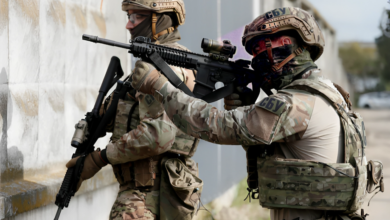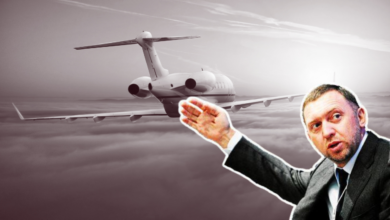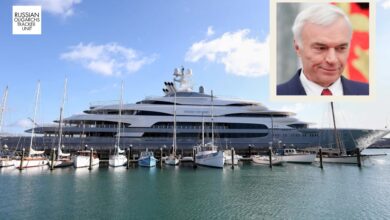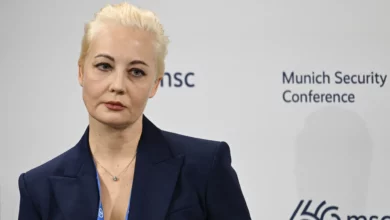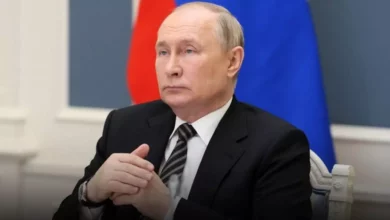Russia tested a nuclear-capable Bulava missile from a new submarine.
Russia claims to have successfully launched a Bulava missile from a brand new nuclear-powered submarine.
Bulava missile: The intercontinental ballistic missile that Russia has successfully tested, able to carry Russia-tested nuclear warheads from one of its submarines, was successfully launched.
The launch on Sunday happened soon after Russian President Vladimir Putin withdrew his country’s support for the global Russia test ban pact, a move Moscow insisted was required to stand in line with the US.
“The new Russia tested a nuclear-powered strategic Bulava missile submarine cruiser Emperor Alexander the Third has successfully launched the Bulava sea-based intercontinental ballistic missile,” Russia’s defense ministry said in a statement on Sunday.
Bulava missile, which could carry up to six nuclear warheads, was fired along Russia’s northern shoreline of the White Sea from beneath its surface. The Federation of American Scientists reports that it was successful in striking a target hundreds of kilometers away on the Kamchatka peninsula in the Russian Far East.
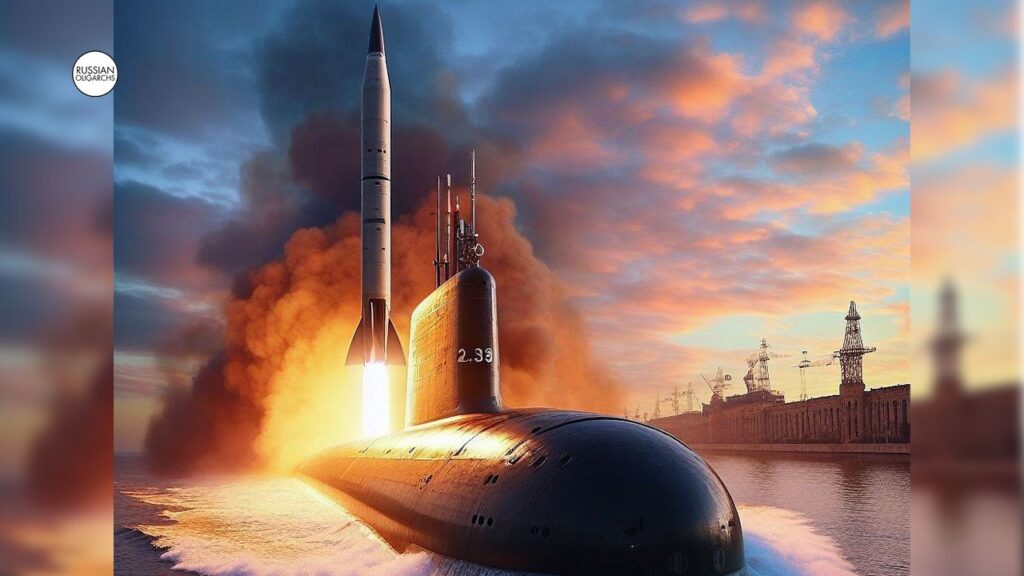

Also Read :
- Russian Oligarch Mikhail Fridman Relocate From UK to Israel and Back to Moscow
- Russian Oligarchs Art Collections: Wealth, Controversy, and Connections
- Leonid Fedun Luxury Yacht “Sparta” Sets Sail into the Spotlight
With sixteen Bulava missiles per ship, the Russian Borei-class nuclear submarines represented by Emperor Alexander the Third are more maneuverable and quieter than their predecessors.
The Russian navy, which was built to be the main naval component of the country’s nuclear arsenal, now has three Borei-class submarines in service, one more in testing, and three more in various stages of construction, according to the Ministry of Defense.
“Firing a ballistic missile is the final element of state tests, after which a decision will be made to accept the cruiser into the Navy,” the ministry statement said.
With a length of 12 meters (39 feet), the Bulava missile was designed to be the centerpiece of Moscow’s nuclear triad. Its range is more than 8,000 kilometers (5,000 miles).
In response to the turbulence that followed the breakup of the Soviet Union more than thirty years ago, Putin has increased military spending since taking office in 1999 and worked to rebuild Russia’s conventional and nuclear weapons.
Moscow’s relations with the US and the EU have been severely strained as a result of its massive military invasion of Ukraine. Moreover, these Western countries have been highly alarmed by Putin’s propensity to escalate his nuclear rhetoric. He held off on saying whether or not Russia should resume nuclear testing as recently as last month.
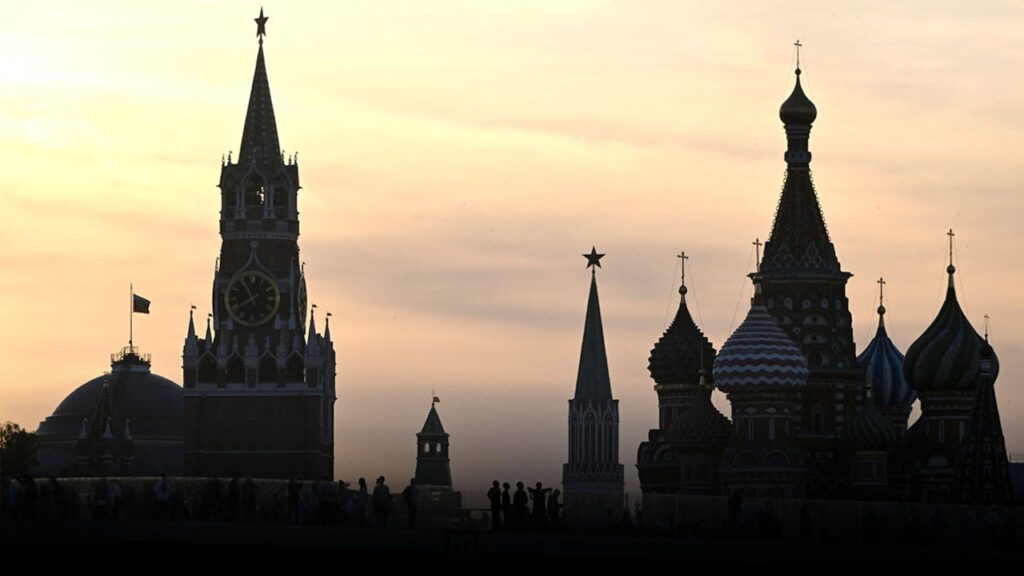
The spokesperson for the Kremlin, Dmitry Peskov, stated in a Sunday interview that ties with the US were terrible, far from zero.
“Relations are at zero—or, I would say, below zero,” Peskov said, though he added that at some point, the leaders of Russia and the United States would have to resume contact.
“Putin has repeatedly stated that he is ready for any contact,” Peskov said.
Although major nations like the United States and China have not formally approved it, the Comprehensive Nuclear Test Ban Treaty of 1996 forbids any nuclear detonations, including live nuclear arms testing.
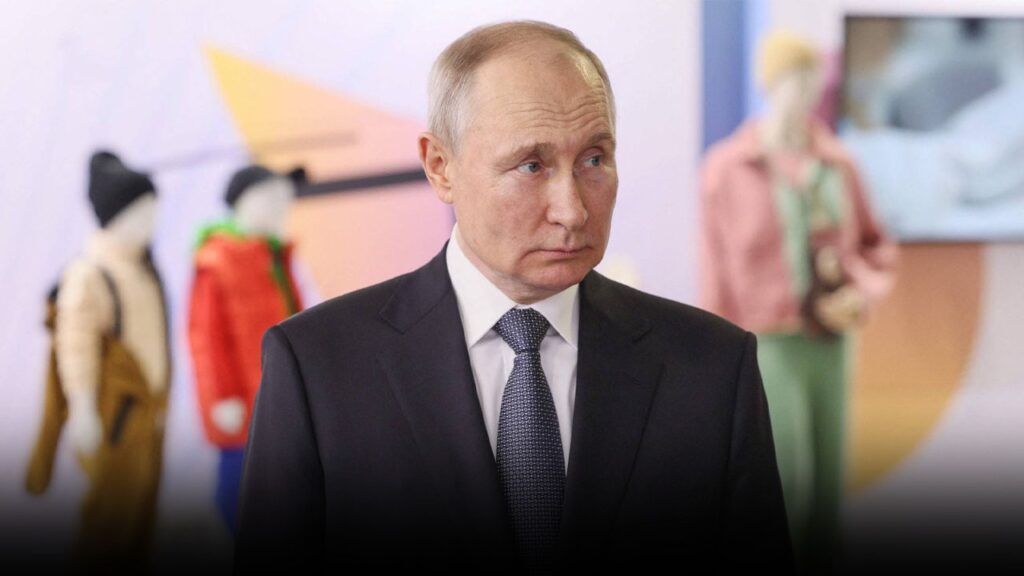
The last major nuclear arms limitation pact between Moscow and Washington, the New START accord, saw Russia withdraw its participation recently. Russia, meanwhile, declared that it will continue to abide by the treaty’s limitations on nuclear weapons.




